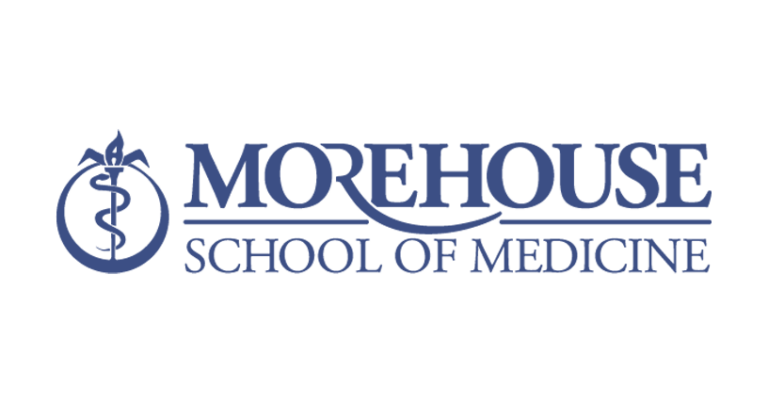Abstract
Transportation plays a major role in the global spread of disease. It increases the range of movement and the spatial diversity of the infected and exposed individuals, and in the case of public transportation, forces people into prolonged contact in a confined, closed environment. Public transportation vehicles and infrastructure can also facilitate the indirect transmission of pathogens. This study extends traditional epidemiological models by specifically addressing the indirect disease transmission mechanism in the transportation context, by addressing infections that occur when vulnerable people become infected through contact with fomites. A stochastic agent-based modeling approach that models’ infections due to local person-to-person and person-to-vehicle interactions was used in this study to assess the potential impact of policies such as vehicle disinfection or social distancing.
Research Investigators (PI*)
Josias Zietsman*, Texas A&M Transportation Institute
Project Information
Start Date: 03/01/2020
End Date: 03/31/2021
Status: Active
Grant Number: 69A3551747128
Source Organization: CARTEEH UTC
Project Number: TTI-04-35
TRID URL
UTC Project Information Form
CARTEEH Focus Area(s)
Sponsor
Office of the Assistant Secretary for Research and Technology
University Transportation Centers Program
Department of Transportation
Washington, DC 20590 United States
Performing Organization
Texas A&M Transportation Institute
1111 RELLIS Parkway
Bryan, Texas 77807




